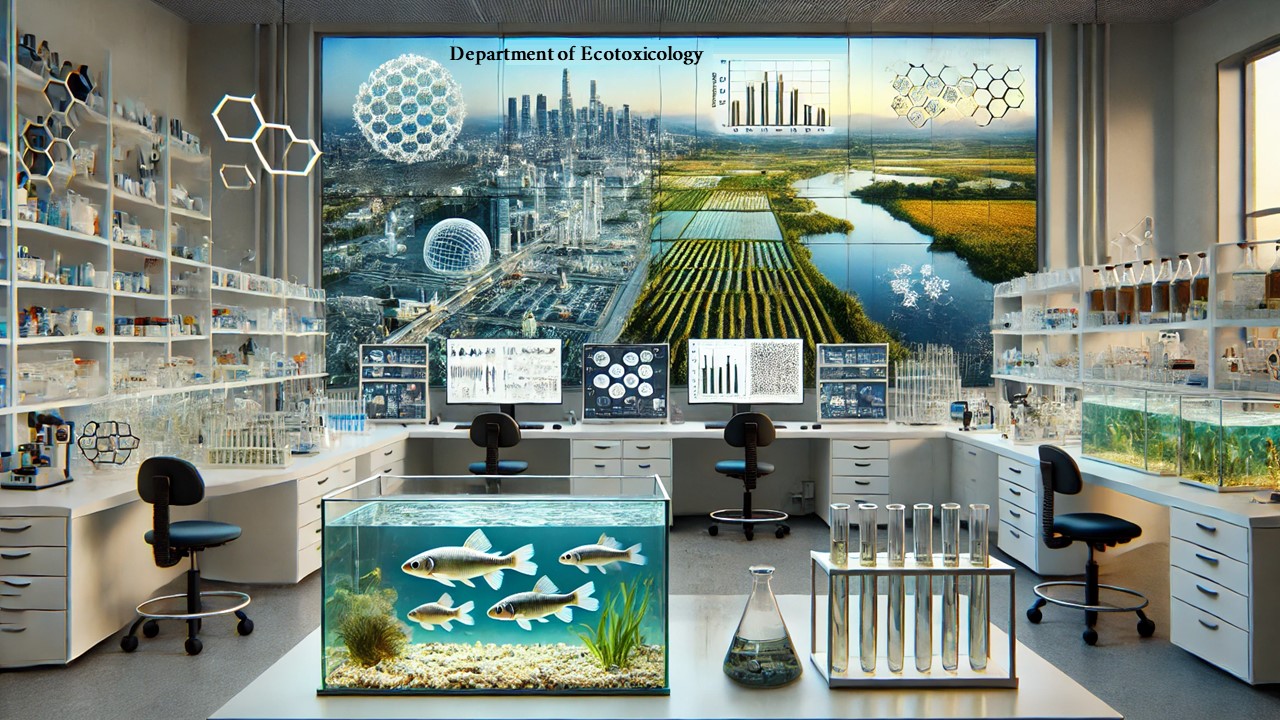
Department Ecotoxicology
The widespread use of chemicals in modern society is associated with undesirable effects such as environmental pollution and health risks. But how do chemicals impact biological systems? What are their effects on biodiversity and human health? Can we predict the combined effects of chemical pollutants alongside other stressors like climate change?
These pressing questions are at the core of our research, which aims to address the interconnected crises of pollution, biodiversity loss, and climate change through an integrated One Health approach. Our research contributes to tackling this triple crisis by developing and applying innovative experimental and computational methods in toxicology. We study how chemical pollutants, both individually and in mixtures, affect organisms and ecosystems at multiple levels—from molecules to communities.
Using high-throughput systems such as zebrafish embryos and cell-based models, we assess exposure-effect relationships and seek to understand mechanisms of toxicity with relevance for human and environmental risk assessment. By using digital workflows for managing, analyzing, and modeling large datasets, we derive thresholds for chemical toxicity, recognize patterns of action, and provide FAIR effect data. By integrating data-driven approaches with experimental studies, we identify how pollutants – alone or in combination, also with other environmental stressors - disrupt biological processes and contribute to diseases or biodiversity loss.
Beyond scientific research, we are committed to science communication and stakeholder engagement. We share our findings through publications, consulting, and outreach to policymakers and the public. Our expertise helps to shape policies aimed at reducing chemical pollution and protecting biodiversity. Collaborating with partners in academia, government, and industry, we aim to provide practical recommendations for managing chemicals in the environment, helping to safeguard ecosystems and human health in the face of the interconnected global challenges of pollution, climate change, and biodiversity loss.
With our research that is organized in five working groups, our projects and a very interdisciplinary and international team, we directly contribute to the development of more effective strategies for predicting and preventing the risks of chemical exposures to human and ecosystem health.
